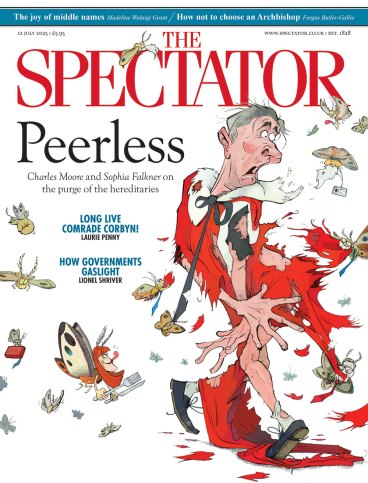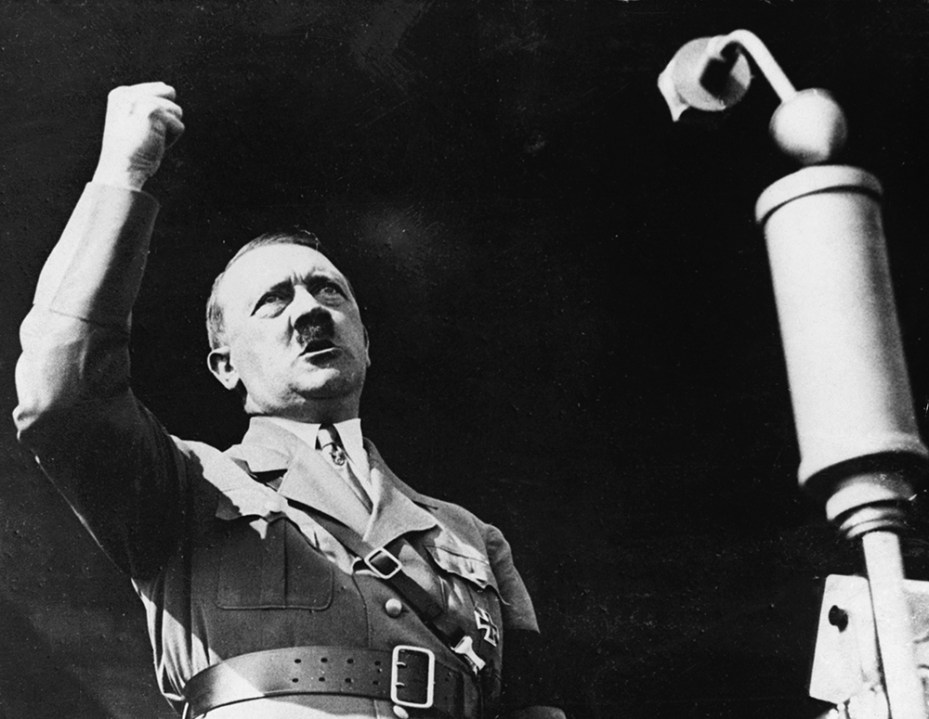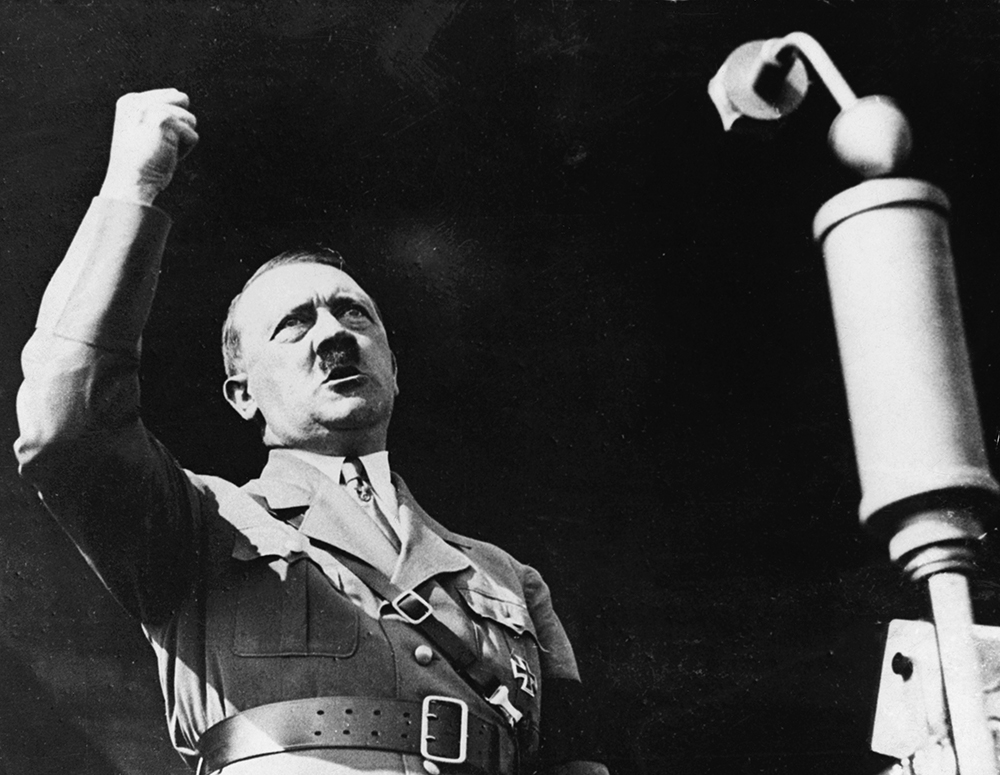
Soon after Hitler came to power in 1933, Charlotte Beradt, who as a Jewish journalist and a communist had been barred from publishing, found her sleep wracked by nightmares that unmistakably reenacted the terrors of the Nazi regime. Deprived of her regular employment, her own dream experiences prompted the subversive if dangerous idea of recording the dreams of her fellow citizens. ‘I began to collect the dreams that the Nazi dictatorship had, as it were, dictated,’ she wrote. Citing a dictum of a Nazi official that in Hitler’s Germany no one has a private life except while asleep, the material she collected demonstrated how dreams ‘as minutely as a seismograph’ can record impinging external realities.
For much of my working life I practised as a psychoanalyst and both in my private and professional experience I’ve encountered dreams which report not merely on the vicissitudes of the dreamer’s personal unconscious conflicts but bear unmistakable marks of the incursion of prevailing objective events. While reading The Third Reich of Dreams, first published in the 1960s, I had a relevant experience. I dreamt that one of the long-dead members of the Jewish Brigade, with whom my father was interned as a POW during the second world war, had been banned from giving a lecture at Cambridge (my alma mater) and was asking for my help in gathering support to resist the ban. The book had brought to the forefront of my unconscious, via my family’s history, the pernicious recurrence of anti-Semitism in our own day.
Beradt was not a disciple of psychoanalysis, and the dreams she recorded were not opaque dramas requiring professional psychological decoding. On the contrary, they are remarkably easy to analyse. Her sample dreamers include ‘a dressmaker, neighbour, aunt, milkman, friend’. She writes that she generally didn’t reveal her purpose, ‘for I wanted the most candid and unaffected responses possible’.
One woman dreams that lists of verboten words, the first ‘Lord’ and the last ‘I’, had been posted all round her neighbourhood. Another finds herself surrounded by innocent seeming workmen, prompting no anxiety until she spots a chimney sweep (because of the association with black, her family’s code for the SS). The men then all perform a Nazi salute, chorusing: ‘Your guilt cannot be doubted.’ Herr S, a factory owner, dreams of a factory inspection by Goebbels, to whom he finds himself incapable of making a Nazi salute. After a protracted struggle to raise his arm, his spine cracks and breaks – one of several dreams whose meaning requires no elucidation.
Many others are about cunning methods of thought-policing, suggesting an intuitive recognition of this form of state terrorism long before Orwell wrote Nineteen Eighty-four. In one, a stormtrooper opens the door of the cosy stove that warms the dreamer’s home and from it a shrill voice repeats all the jokes, criticisms and anti-establishment comments made by the household. In another, a lawyer, chatting to his brother on the phone, comments that he doesn’t ‘enjoy anything any more’. In the middle of the night the phone rings and a voice announces ominously,: ‘This is the telephone Surveillance Office,’ at which the terrified dreamer begins to grovel for forgiveness for the treasonable crime of non-enjoyment.
A number of dreams indicate a distressing degree of self-identification with Nazi propaganda. A Jewish dreamer sits on a rubbish bin and hangs a notice around his neck declaring: ‘I’ll make way for the trash.’ Perhaps most illuminating are the dreams that indicate the dreamer’s recognition of the psychological toll that internal collaboration with the morality of the state will take. A young woman with a Christian father and a Jewish mother has a series of dreams in which she feels profound hatred for the mother to whom she had always been close. A doctor finds himself in a concentration camp where there were dinner parties and plays performed and, in the dream, thinks ‘Well then, so it really is all exaggerated, the things you hear about the camps’ until he observes himself in a mirror wearing polished jackboots and a Nazi uniform.
Besides being brave, Beradt was shrewd: she protected herself and her fellow dreamers by concealing her findings in the bindings of her own books. She disguised the appearance of any political figures, turning Hitler, Göring and Goebbels into genial family members Uncles Hans, Gustav, and Gerhard. When the arm of state control grew more menacing, she posted her notes to friends overseas.
Happily, she escaped Nazi Germany and turned her groundbreaking field research into this short but sharply insightful and disquieting book. Her acute observations on the insidious reach of totalitarian ideology are bolstered by telling quotations from Orwell, Bertolt Brecht, Franz Kafka and Hannah Arendt. Many of the dreams have the dislocating, quasi-rational quality of a Kafka short story and Beradt’s considered conclusions make a worthy coda to Arendt’s The Origins of Totalitarianism. As the world turns darker and the exercise of state power again becomes more habitual, this book is a timely reminder that the culture we allow ourselves to exist within is capable of making deep and damaging inroads into our collective psyche.








Comments